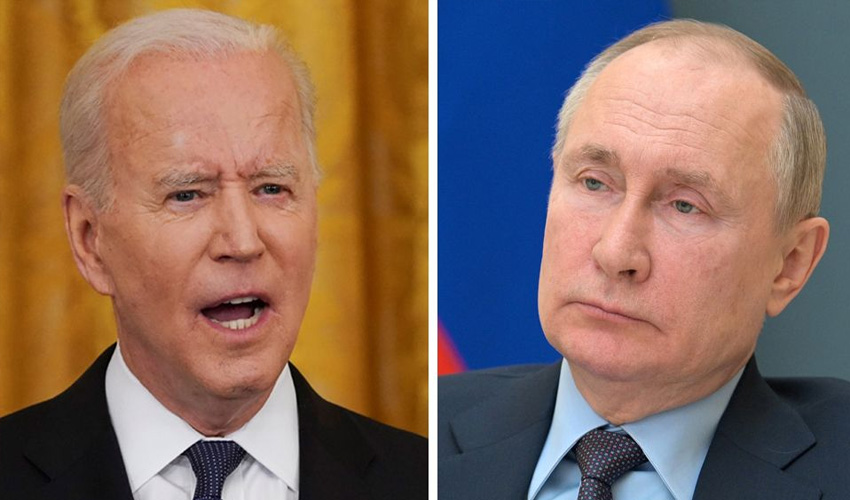The United States unveiled plans to impose sanctions on more than 500 entities involved in Moscow's ongoing war in its neighboring country.
The announcement, made by the Treasury Department on Thursday, marks a determined effort by Washington to target "Russia, its enablers, and its war machine."
According to the AFP, the upcoming sanctions, set to be rolled out on Friday, represent the largest single tranche since the inception of Russian President Vladimir Putin's further invasion of Ukraine.
The Treasury spokesperson highlighted that the sanctions, jointly issued by the Treasury and State Department, are designed to cripple Russia's capacity to sustain its military operations.
Since Russia's invasion of Ukraine in February 2022, the United States and its allies have escalated efforts to impose economic pressure on Moscow, targeting key sectors such as revenue streams and the military industrial complex.
Notably, measures like a price ceiling on Russian oil exports have been implemented by a coalition comprising the Group of Seven leading economies, the European Union, and Australia.
The strategy behind the price ceiling, set at $60 per barrel of Russian crude, aimed at both reducing funding for the war while ensuring continued oil supplies to the global market.
However, recent announcements indicate plans to tighten compliance with the price ceiling, signaling a concerted effort to further isolate Russia economically.
The timing of these sanctions coincides with the recent death of Kremlin opposition leader Alexei Navalny, who passed away in a Russian prison last week. US President Joe Biden reaffirmed plans for sanctions, emphasizing their direct targeting of Putin in response to Navalny's death, whom Biden hailed as "a man of incredible courage."
In a related development, the US government also unsealed charges against a number of wealthy Russians on Thursday, as part of ongoing efforts to disrupt the flow of illegal funds that sustain Moscow's war effort. Attorney General Merrick Garland underscored the Justice Department's commitment to holding accountable those who enable the conflict.
Meanwhile, the White House indicated intentions to impose additional sanctions on Iran over its support for Russia's invasion of Ukraine. National Security Council spokesman John Kirby stated that the United States would take action against Iran for its complicity in the conflict, with the possibility of further measures if Iran were to sell ballistic missiles to Russia.
As Ukrainian forces face shortages of ammunition in their resistance against invading Russian troops, additional funding for Kyiv remains pending in the US Congress, underscoring the urgency of international support for Ukraine's defense efforts.


























